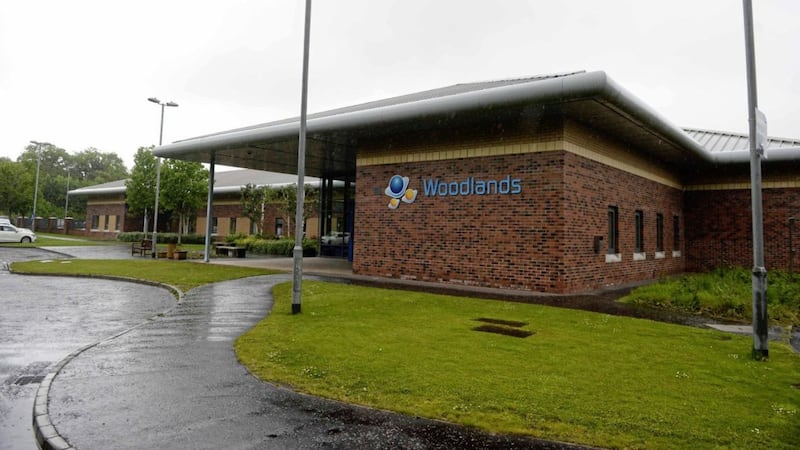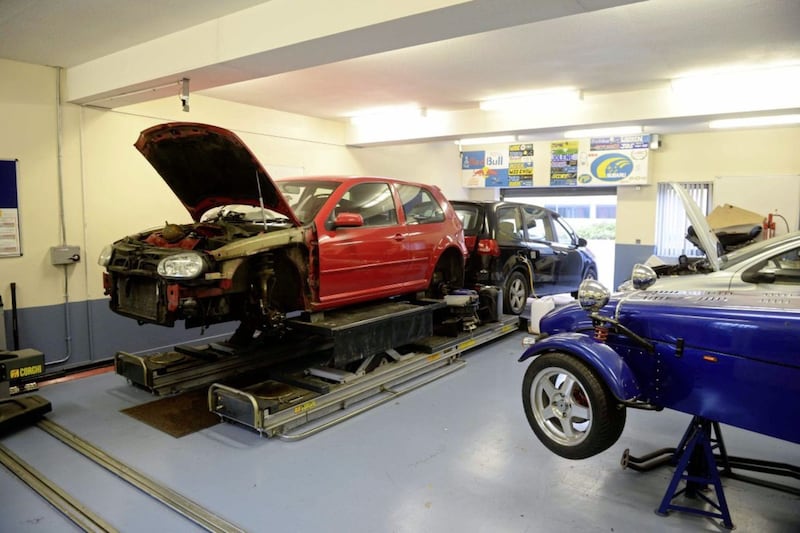CLOSE to the seaside town of Bangor sits Woodlands Juvenile Justice Centre, once known as Rathgael, and home to Northern Ireland's child prisoners, both sentenced and remand.
It is at least 10 years since my last visit to the 'baby jail' when I remember a sparse building, housing a neglected generation of young people who found themselves on the wrong side of the law and of a metal cell door.
I was told things had changed since then, and certainly the reception area is much brighter, less sterile, less institutional.
There is a small play area, which I assume is for visiting younger siblings.
It turns out it's actually for the children of detained children - "many of our young men are already fathers", Brian Ingram, the centre's director of services tells me.
At any one time there are around 25 young people at Woodlands, boys and girls who can range from as young as 10 to 17 years old.
On the day I visit the youngest child is a 12-year-old girl.
Read More
- Catholic children three times more likely to be locked up
- Young people in custody receiving 'consent' training
There is a small flat for visitors, some of whom travel long distances.
But while the communal areas are brighter, the cells where the young inmates are locked at night are a reminder that this is a detention centre and not a school and these young people are prisoners and not pupils.
In their day-to-day lives the majority live chaotic lives, with alcohol and drug issues, self harm and mental health problems.
A disproportionate number come from within the care system and many have experienced physical or sexual abuse at a young age.
Some have already clocked up lengthy criminal records and are under threat from or have already been attacked by paramilitaries. They feel safer in detention than they do in the community.
A dentist comes once a week. "It's important we deal with things like dental hygiene - some of these kids have never had something as basic as trip to the dentist," says Brian.
While he is the 'governor', that's not what he's called - this is a prison but also a school, a rehab centre and a home, trying to provide sanctuary for young people, some of whom have committed violent crimes and have all but dropped out of normal society.
There is no one-size fits all approach - there is one grammar school boy on the day I visit who is sitting GCSEs and another child who hasn't been to school since Primary Four.
The staff who cater for this complicated mix of very vulnerable young people are passionate about what they do, but also angry at the society that has neglected their young charges, determined to do better for them.
Safe, calm, controlled is the mantra, but they can only do so much.
As one of the staff puts it: "We detox them, clean them up and build them up, but eventually they have to go back into the same environment that sent them here in the first place."




